File Photo: Republican presidential candidate and former U.S. President Donald Trump appears alongside U.S. Senator Marco Rubio at a campaign rally held at the J.S. Dorton Arena in Raleigh, North Carolina, on November 4, 2024. (Chip Somodevilla/Getty Images)
[Peopel News] Yesterday, I analyzed information from foreign media suggesting that Xi Jinping might send Vice President Han Zheng to the U.S. to attend the inauguration ceremony of the 47th President. The CCP might take this opportunity to approach key members of the Trump administration, gather intelligence on Trump’s true stance toward the CCP, and assess the most likely measures he may take. Additionally, the CCP could use this occasion to meet with embassy leaders in the U.S., instructing them to intensify infiltration efforts, suppress pro-democracy activists, and especially work to drive a wedge between the U.S. government and Falun Gong groups. This could involve deploying legal and media tactics for transnational repression, creating chaos in the U.S.
Sure enough, at 8:00 a.m. today, the Chinese Ministry of Foreign Affairs announced on its official website that Xi Jinping’s special representative, Han Zheng, would attend the U.S. presidential inauguration. The announcement, predictably, framed the CCP as confident and uninterested in attending, emphasizing that the invitation came at the U.S.’s initiative. However, the CCP took the opportunity to subtly include a veiled message: that it is "willing to strengthen dialogue and communication with the new U.S. government, properly manage differences... and chart a path for appropriate China-U.S. relations in a new era."
Still, the statement carries undertones of softening and pleading, acknowledging the existence of "differences" and the need for dialogue. This implicitly suggests that current China-U.S. relations are strained or "incorrect," although the CCP refrains from specifying what exactly is "incorrect" or why.
Moreover, the CCP did not disclose details about Han Zheng’s delegation, such as the number of members, their identities, the duration of the visit, or which CCP officials in the U.S. he plans to meet.
Of course, such omissions are not surprising—certain political activities are conducted in secrecy. Why would they reveal everything?
In December of last year, President-elect Trump’s transition team confirmed that Trump had invited Xi Jinping, the CCP General Secretary, along with other world leaders, to attend his inauguration. Later, insiders revealed that Trump’s team specifically requested Cai Qi’s presence, as Cai holds real authority and can represent Xi’s views on significant matters. However, due to the cumbersome process of approvals through China’s Ministry of Foreign Affairs, any statements made often end up holding no weight.
From a typical U.S. government perspective, such matters are difficult to comprehend. Whether Xi Jinping or Cai Qi attended in person, their statements would still lack credibility. The CCP’s authoritarian system and its penchant for deceit prioritize self-interest above all else. Agreements, strategies, laws, and policies can change at a moment’s notice. There are countless examples of such behavior, and the U.S. has undoubtedly suffered from it in the past.
Historically, during the power transfer ceremony held every four years in the United States, ambassadors and other diplomats stationed in Washington are invited, but foreign leaders rarely attend. According to U.S. State Department records dating back to 1874, no foreign leader has ever attended a U.S. presidential inauguration. However, Trump’s transition team spokesperson explained that inviting foreign leaders to the ceremony was meant to "set an example of open dialogue with world leaders—not just our allies, but also our adversaries and competitors. He [Trump] is willing to talk to anyone, always prioritizing America’s interests."
Media reports previously speculated that Xi Jinping would likely not attend Trump’s inauguration. Several factors contribute to this: Inability to Commit: Xi would find it challenging to make on-the-spot commitments regarding difficult issues, leaving no room for maneuver. Pride and Position: Xi, as the supreme leader, could hardly be expected to stand below the steps, applauding the inauguration of the "imperialist" U.S. president. The CCP’s history has long cast capitalism as the ultimate enemy—attending such an event would be unthinkable. Taiwan Issue: The U.S. had also invited a delegation from Taiwan’s Legislative Yuan. For Xi to share the stage with representatives of a "pro-Taiwan independence" administration would be a direct humiliation.
Han Zheng, who served as a Politburo Standing Committee member and vice-premier before stepping down from both positions in 2023, was appointed vice president that same year. Analysts suggest that sending only Han Zheng may not sit well with President Trump. However, there seems to be no alternative. Whatever reception awaits, they can only leave it to fate. If Trump decides to show displeasure, there’s little the CCP can do but endure it.



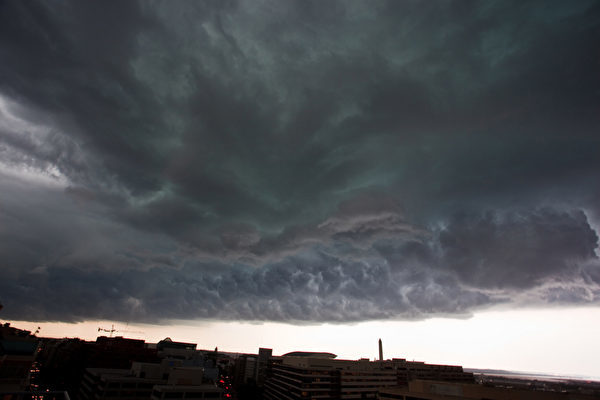
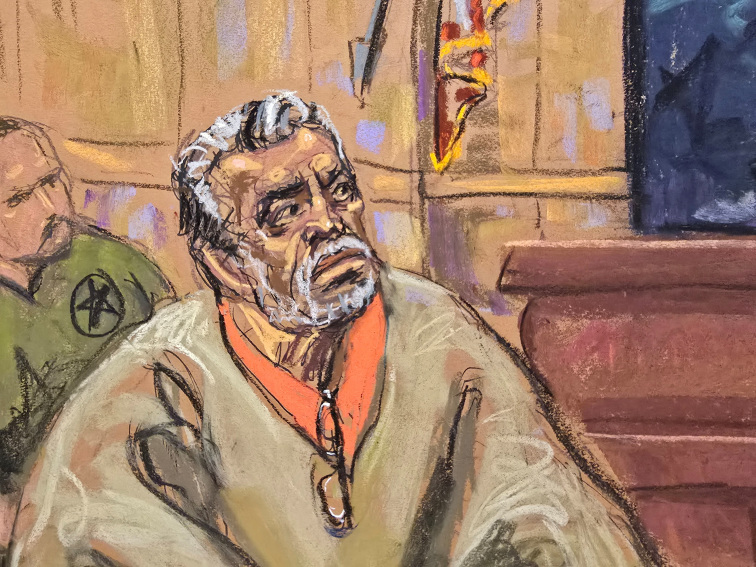
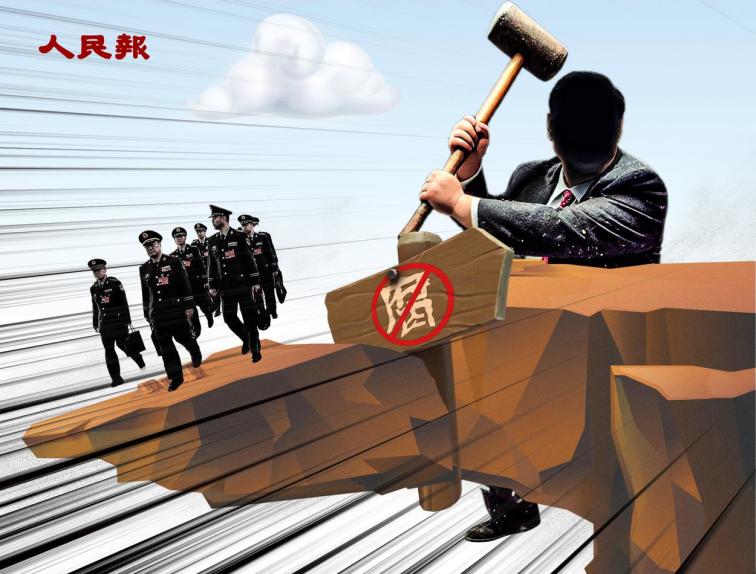
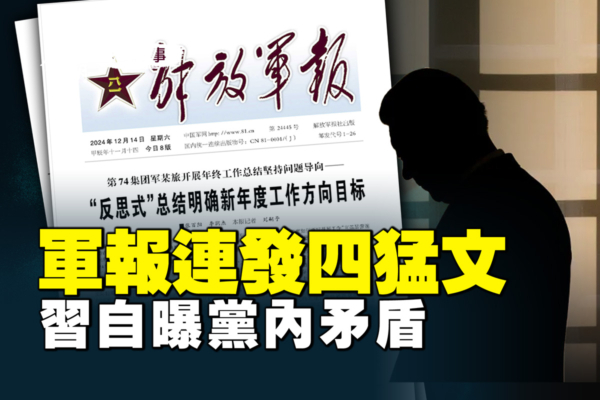

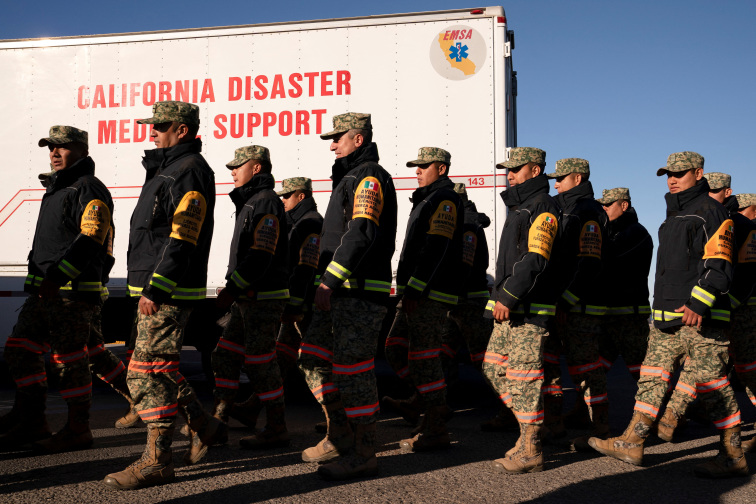


News magazine bootstrap themes!
I like this themes, fast loading and look profesional
Thank you Carlos!
You're welcome!
Please support me with give positive rating!
Yes Sure!